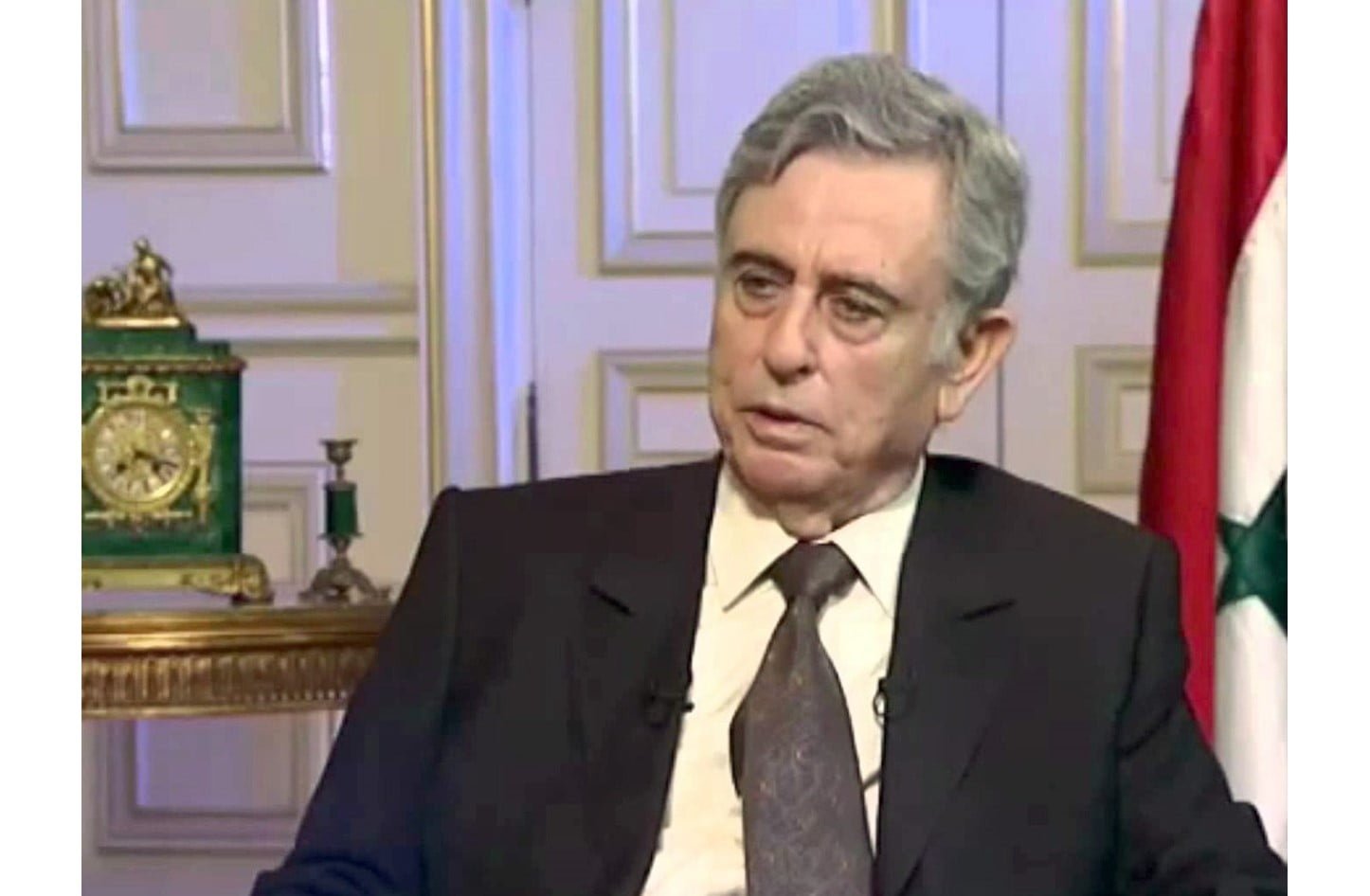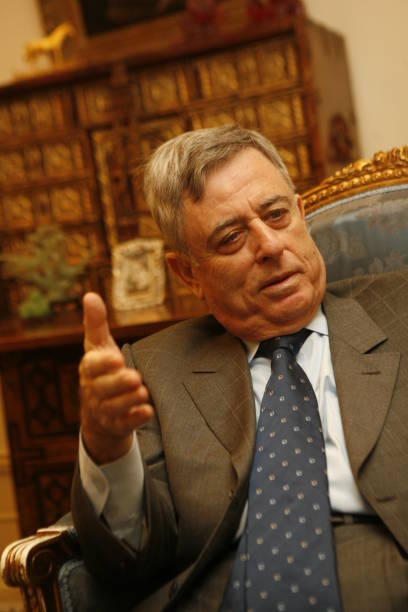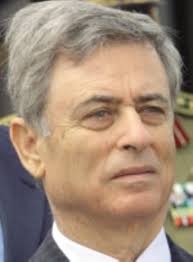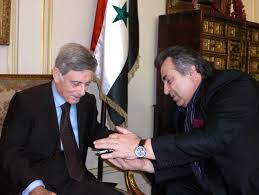In this episode of the program “Today’s Talk,” the conversation continues with Mr. Abdul Halim Khaddam, former Vice President of the Syrian Arab Republic.
Regarding the Russian and Iranian stance on the Syrian crisis and whether their motivations are about maintaining what is known as the international relations system or if there are specific interests for both countries in Syria, the guest of “Today’s Talk” states that “Iran has a strategy aimed at controlling the region from the Mediterranean Sea to the borders of Afghanistan, including the Arabian Peninsula… meaning oil-rich regions… The outcome of the battle in Syria is what will shape the boundaries and results of Iran’s efforts to achieve this strategy. If the regime (in Syria) falls, Iran’s strategy falls, Lebanon will be liberated from Iran’s influence, Syria will be liberated, and Iraq will be liberated. Thus, the region will be liberated from fear… If the Syrian people are defeated, God forbid, it means that Iran will gain control over this region, and another ally in this is Russia… There is an alliance between Russia and Iran. This alliance is evident in all international and regional issues that have occurred in recent years… The Russian-Iranian stance is one.”
Responding to a question about Russia’s interests in Syria, especially since Russia abstained from voting in the Security Council regarding military action against Libya, in which Russia has significant interests, Mr. Khaddam, who was responsible for Soviet-Syrian relations during the Soviet era, says that “the nature of interests is different… The interests in Libya are economic interests that are not the main structure of the Russian economy… Syria is the most important area in terms of its location and history in the Arab world. Therefore, controlling Syria means controlling oil-rich areas… Russia’s strategic interests lie in undermining the Western economy, as the Cold War has returned, and this is where the importance of Russia’s strategic interests comes from. There is a difference between economic interests related to the level of advancement of the Russian economy and strategic interests related to the progress of Russia’s major international interests.”




